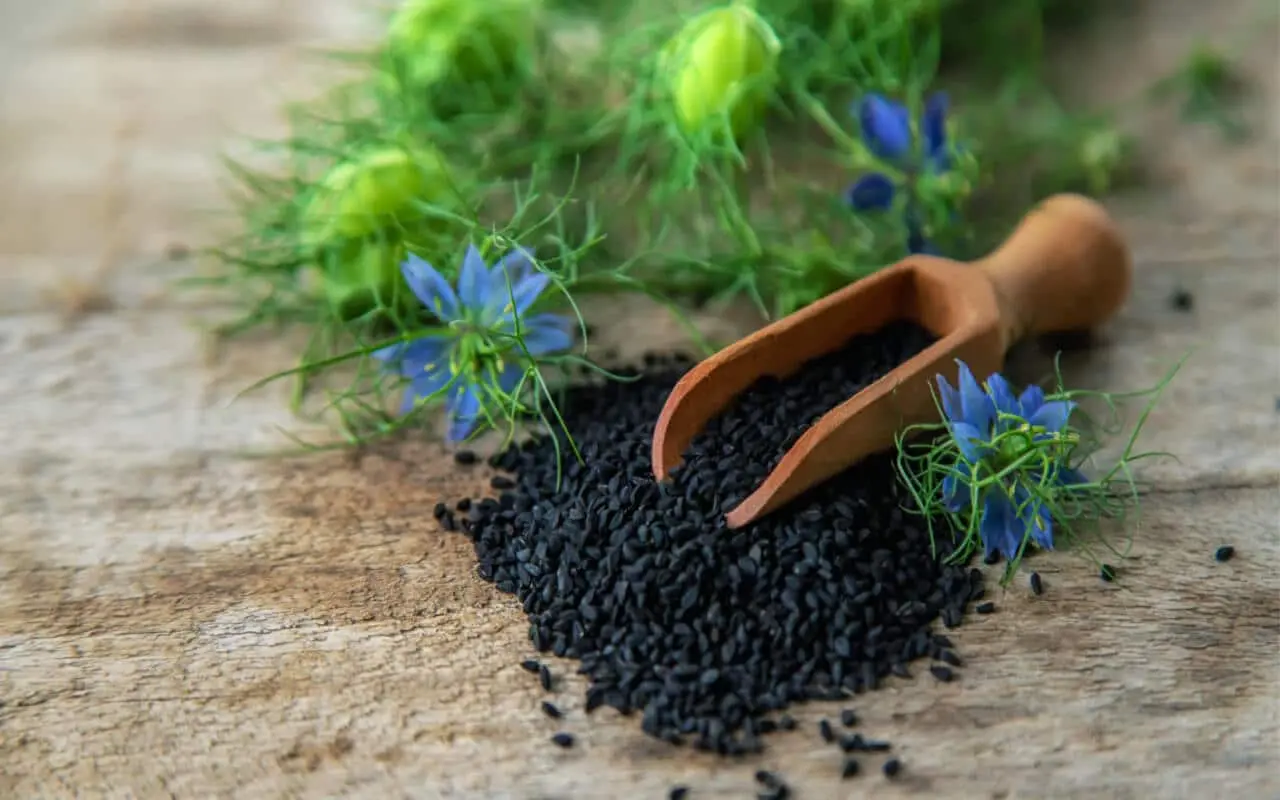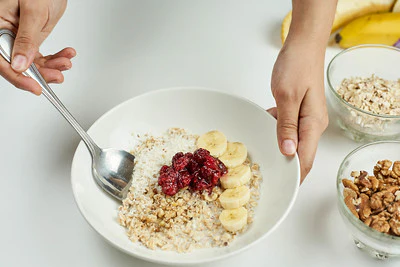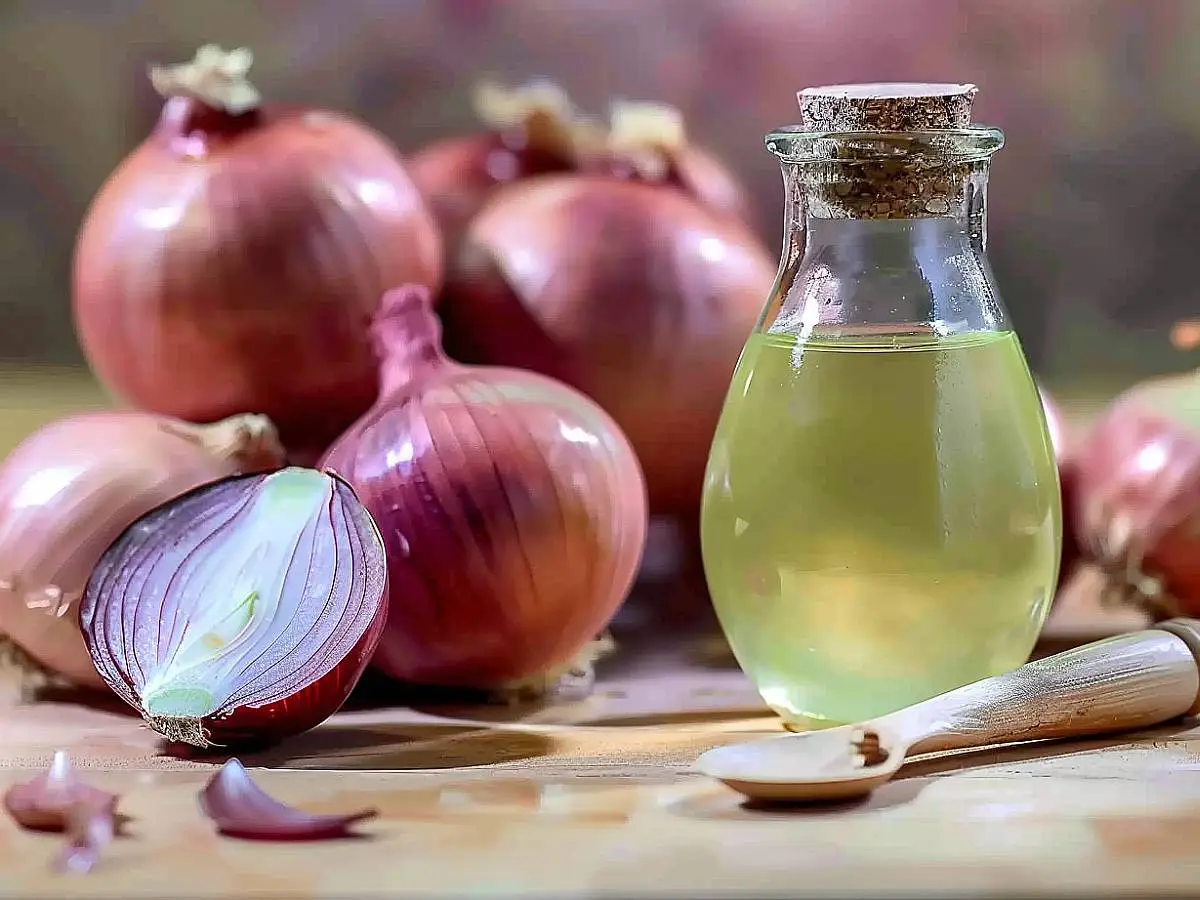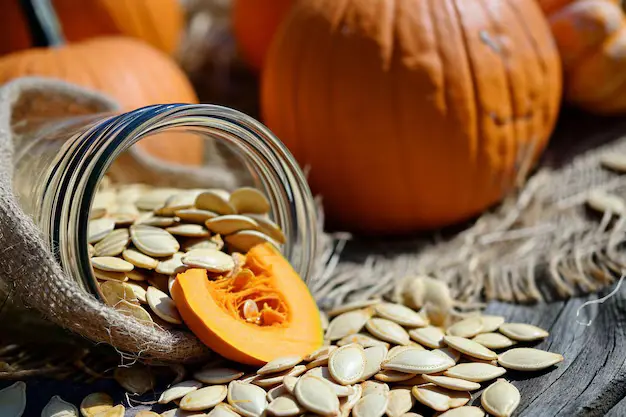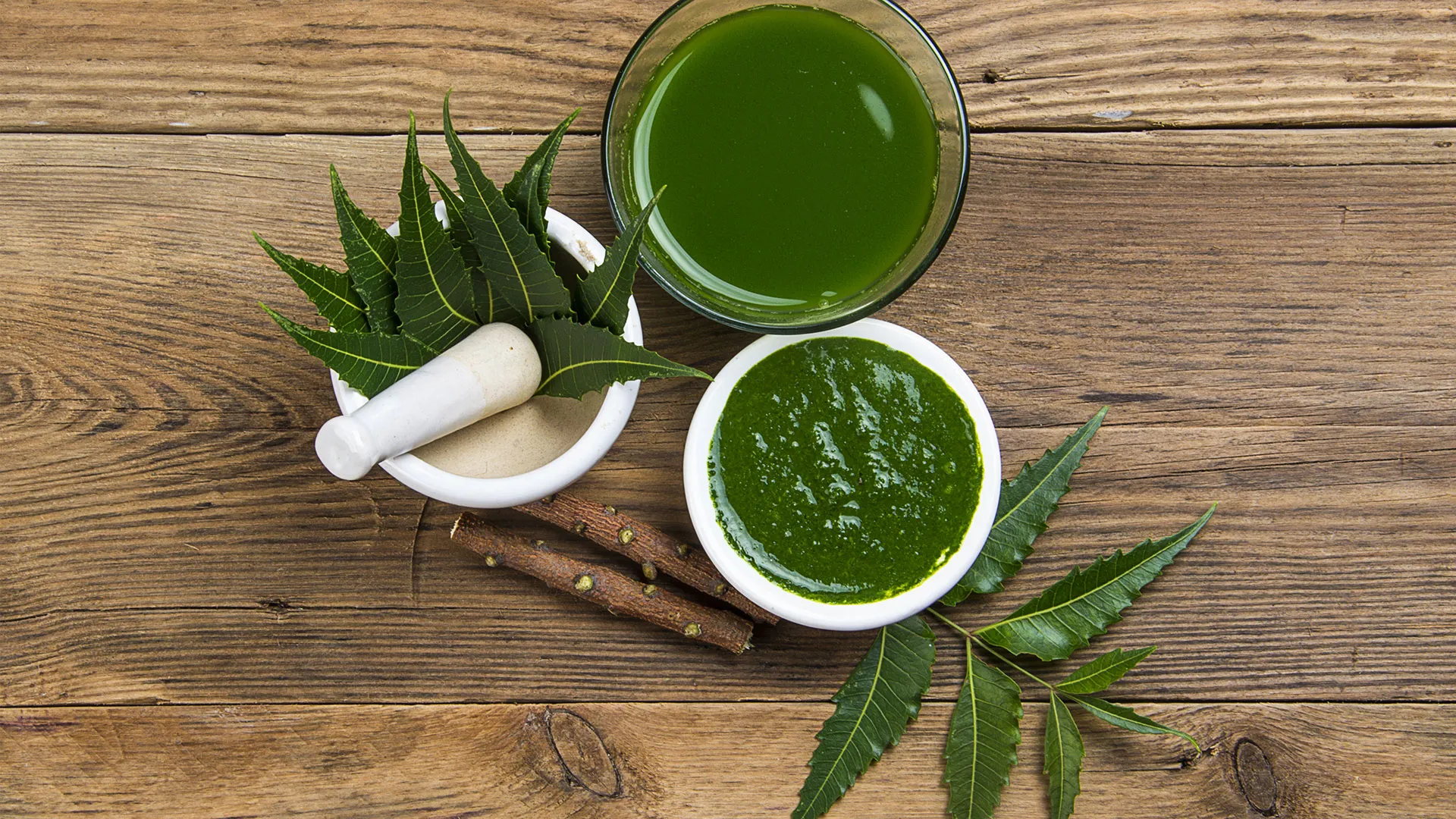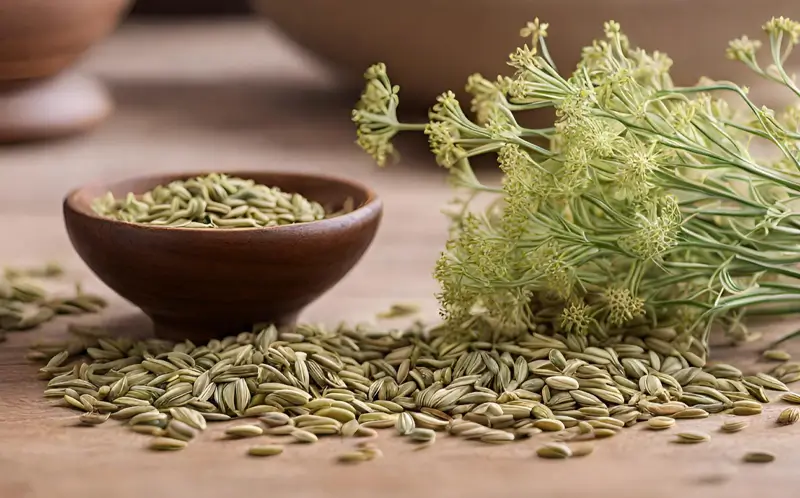Introduction:
Kalonji, also known as black seeds, black cumin, or Nigella sativa, is a versatile spice commonly used in many households, especially in Pakistani and Indian cuisines. It has been recognized for its remarkable health benefits and medicinal properties for centuries. Nigella sativa, a flowering plant from the family Ranunculaceae, is native to regions like Asia, the Mediterranean, and Africa. The plant can grow up to 90 cm tall and produces small black seeds that are packed with nutrients and therapeutic compounds that are very beneficial for health.
These tiny seeds have long been used in traditional medicine to treat various health conditions, including digestive issues, diabetes, and pain relief. Modern research highlights that kalonji seeds and their oil contain active phytochemicals like phytosterols, which are linked to numerous health benefits, including weight loss.
Whether sprinkled on bread, added to curries, or consumed as oil, kalonji offers a wide range of health-promoting benefits that make it a valuable addition to any diet.
Nutritional Content of Kalonji (Nigella Sativa) Seeds per 100g:
- Calories: 345 kcal
- Total Fat: 15 g
- Sodium: 88 mg
- Potassium: 1,694 mg
- Total Carbohydrate: 52 g
- Protein: 16 g
Vitamins and Minerals:
- Vitamin A: 2%
- Calcium: 1.19%
- Vitamin C: 35%
- Iron: 102%
- Vitamin B-6: 25%
- Magnesium: 96%
In addition to this, kalonji seeds are rich in essential fatty acids like linoleic acid and oleic acid, and contain active compounds such as thymoquinone and nigellone, which contribute to their therapeutic benefits. The seeds also have a good balance of vitamins, including Vitamin B2, Niacin, and Vitamin C, making them highly nutritious and beneficial for overall health.
Health Benefits of Nigella Sativa (kalonji Seeds)
1) A Natural Solution for Heart Health and Cholesterol Control
Kalonji, also known as black seeds, is a powerful natural remedy that can help improve heart health and manage cholesterol levels. Research shows that kalonji can significantly reduce bad cholesterol (LDL) and triglycerides while boosting good cholesterol (HDL). This makes it an excellent choice for those looking to protect their heart and reduce the risk of heart diseases, high blood pressure, and related conditions.
In addition to regulating cholesterol, kalonji also helps control blood pressure and fight inflammation, two important factors in maintaining a healthy heart. Whether consumed as seeds or oil, adding kalonji to your diet is an easy way to support heart health and overall wellness.
2) A Natural Remedy for Blood Sugar Regulation
Managing high blood sugar is crucial for preventing serious health issues like nerve damage, vision changes, and slow wound healing. Kalonji, or black seeds, has shown promising effects in regulating blood sugar levels, making it a useful natural remedy for those with diabetes. Studies indicate that consuming kalonji can significantly reduce both fasting and average blood sugar levels. One study involving 94 participants found that taking kalonji daily for three months led to noticeable improvements in blood sugar control and reduced insulin resistance.
For diabetics, incorporating kalonji into their daily routine can help stabilize blood sugar. Nutritionists recommend consuming kalonji tea or adding kalonji oil to black tea, especially on an empty stomach, for maximum benefits. A study published in the British Journal of Pharmaceutical Research supports these findings, highlighting the potential of kalonji seeds in managing blood sugar levels naturally, making it a valuable addition to diabetes management.
3) Helps to Fight Inflammation
Inflammation is a normal part of the body’s immune response, helping protect against injury and infection. However, when inflammation becomes chronic, it can contribute to serious diseases like cancer, diabetes, and heart disease. Kalonji, or black seeds, has shown potential in reducing inflammation and its harmful effects. One study involving 42 people with rheumatoid arthritis found that taking 1,000 mg of kalonji oil daily for eight weeks significantly reduced inflammation markers and oxidative stress. The active compound in kalonji, thymoquinone, has been shown to have strong anti-inflammatory properties.
Animal and test-tube studies further support these findings. For example, in a study where inflammation was induced in the brain and spinal cord of rats, kalonji helped protect against and reduce the inflammation. Although more research is needed, especially in the general population, these early studies suggest that kalonji may be a natural and effective remedy for managing chronic inflammation and reducing the risk of related diseases.
4) Beneficial for Liver Health
The liver plays a critical role in keeping the body healthy by detoxifying harmful substances, processing nutrients, and producing essential proteins. Research on animals has shown that kalonji, or black seeds, may help protect the liver from damage and injury. In one study, rats injected with a toxic chemical were given kalonji, which helped reduce the chemical’s toxicity and protected the liver and kidneys from harm. These protective effects are believed to come from kalonji’s rich antioxidant content, which fights oxidative stress and inflammation.
Another animal study confirmed similar findings, showing that kalonji could shield the liver from damage when compared to a control group. While the results are promising, most research so far has been limited to animals. More studies are needed to understand how kalonji impacts human liver health, but the evidence suggests that its antioxidant and anti-inflammatory properties could offer powerful support for liver function.
5) Powerful Remedy for Healthier Hair
Kalonji, or black seed oil, has gained popularity as a natural solution for various hair problems due to its nourishing and therapeutic properties. One of the key benefits of kalonji is its ability to improve scalp health, which is crucial for reducing hair fall. Poor scalp conditions can weaken hair follicles, leading to hair loss. The regular use of kalonji oil nourishes the scalp, strengthens hair follicles, and promotes hair growth.
The secret lies in its active compounds, nigellone and thymoquinone, which are known to treat hair fall and stimulate new hair growth. Additionally, kalonji’s high linoleic acid content can prevent premature hair greying by preserving the natural black pigment in your hair.
Moreover, kalonji is an excellent natural conditioner, thanks to its amino acids that improve hair texture and reduce frizz. Its antioxidant-rich composition helps protect the hair from daily environmental damage and stress, while its moisturizing properties keep hair hydrated and manageable. Regular scalp massages with kalonji oil, mixed with olive or coconut oil, can also prevent hair loss by improving blood circulation and nourishing the hair roots. By incorporating kalonji into your hair care routine, you can achieve stronger, healthier, and more luscious hair.
6) Potential Natural Remedy for Stomach Ulcers
Stomach ulcers, caused by the erosion of the stomach’s protective mucus lining, can lead to painful sores and digestive issues. Interestingly, kalonji, or black seed, may offer protection against these ulcers. Animal studies have shown that kalonji can help heal stomach ulcers and prevent further damage. In one study involving 20 rats with stomach ulcers, about 83% of the rats experienced healing effects after being treated with kalonji. Its effectiveness was nearly comparable to conventional ulcer medications, showcasing its potential as a natural remedy.
Another study revealed that kalonji’s active compounds could prevent ulcers caused by alcohol consumption, further protecting the stomach lining. These studies suggest that kalonji’s antioxidant and anti-inflammatory properties may be key in preventing and healing stomach ulcers. While more human-based research is needed to confirm these findings, the promising results from animal studies highlight the potential of kalonji as a natural, alternative solution for those suffering from stomach ulcers.
FAQs on Nigella Sativa (Kalonji Seeds)
- How much Kalonji should I take per day? The recommended dosage of kalonji seeds varies depending on the purpose of use. For general health benefits, taking 1-2 teaspoons (around 2-5 grams) of kalonji seeds daily is common. If you’re using kalonji oil, 1-2 teaspoons per day is considered safe. However, it’s always best to consult a healthcare provider before starting any new supplement.
- How do I grow Kalonji seeds? Kalonji (Nigella Sativa) is easy to grow in a garden or pots. Here’s how:
- Sow the seeds directly in well-drained soil during spring.
- Plant the seeds about 1/4 inch deep and keep them in a sunny location.
- Water regularly, but avoid waterlogging the soil.
- The plant can grow up to 60 cm tall and will bloom in 2-3 months.
- Harvest the seeds once the flowers dry and form seed pods.
- What is the price of Kalonji seeds? The price of kalonji seeds can vary depending on the region, quality, and quantity purchased. On average, 100 grams of kalonji seeds can range from $2 to $5. Organic or higher-quality seeds may be priced slightly higher.
- What is the best method to take Kalonji? There are several ways to incorporate kalonji into your daily routine:
- Seeds: Sprinkle raw or roasted kalonji seeds on bread, salads, or curries.
- Oil: You can take 1-2 teaspoons of kalonji oil daily or mix it with honey or water for better taste.
- Tea: Add kalonji seeds to boiling water, strain, and drink as tea.
- With honey: Mix a teaspoon of kalonji seeds with a spoonful of honey for a quick and easy health boost.
- What are the side effects of Kalonji? While kalonji is generally safe for most people, overconsumption or long-term use may cause mild side effects like:
- Allergic reactions in people sensitive to black seeds
- Upset stomach or nausea when consumed in high amounts
- Low blood sugar, so it should be used with caution by people with diabetes
- Lower blood pressure, which may be risky for people already on blood pressure medication
Always consult a healthcare provider before starting kalonji, especially if you’re pregnant, breastfeeding, or taking medications.
Also read: Pumpkin seeds and Health benefits of pumpkin seeds

